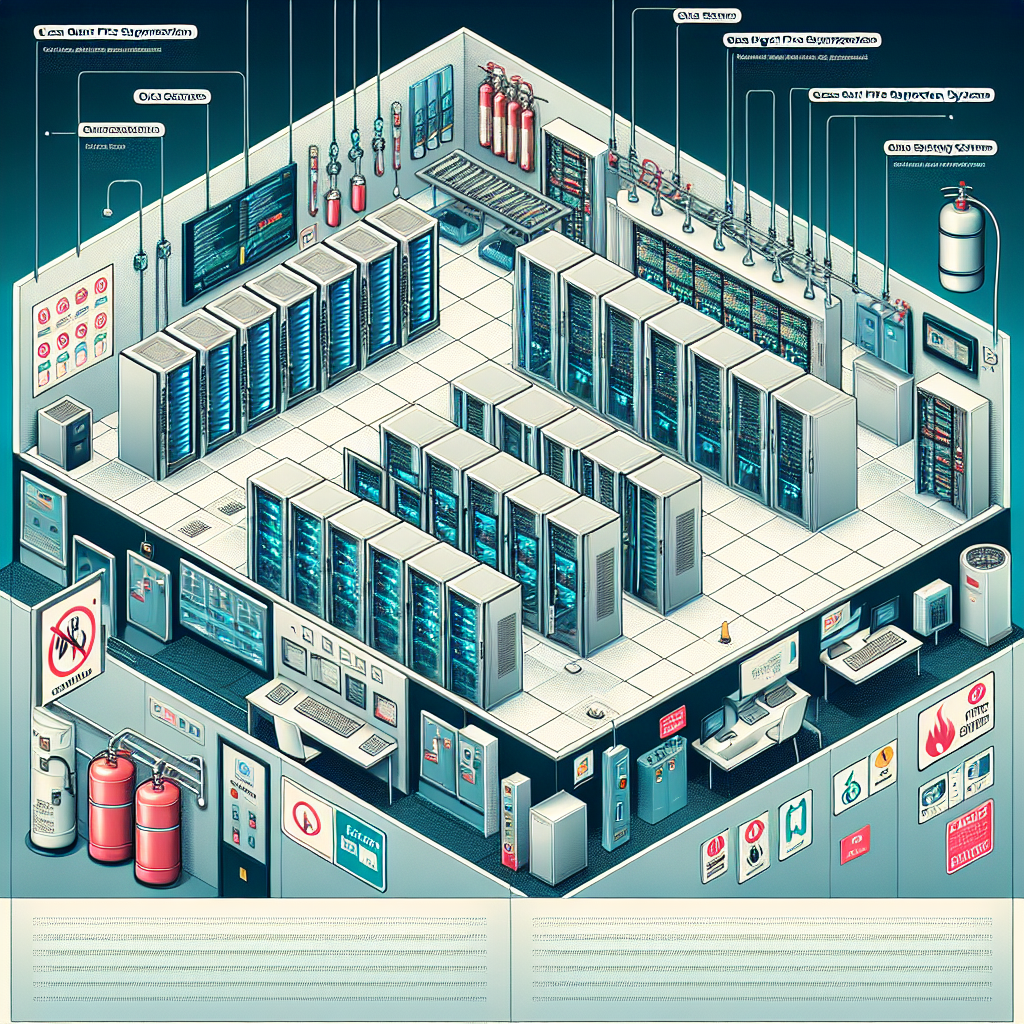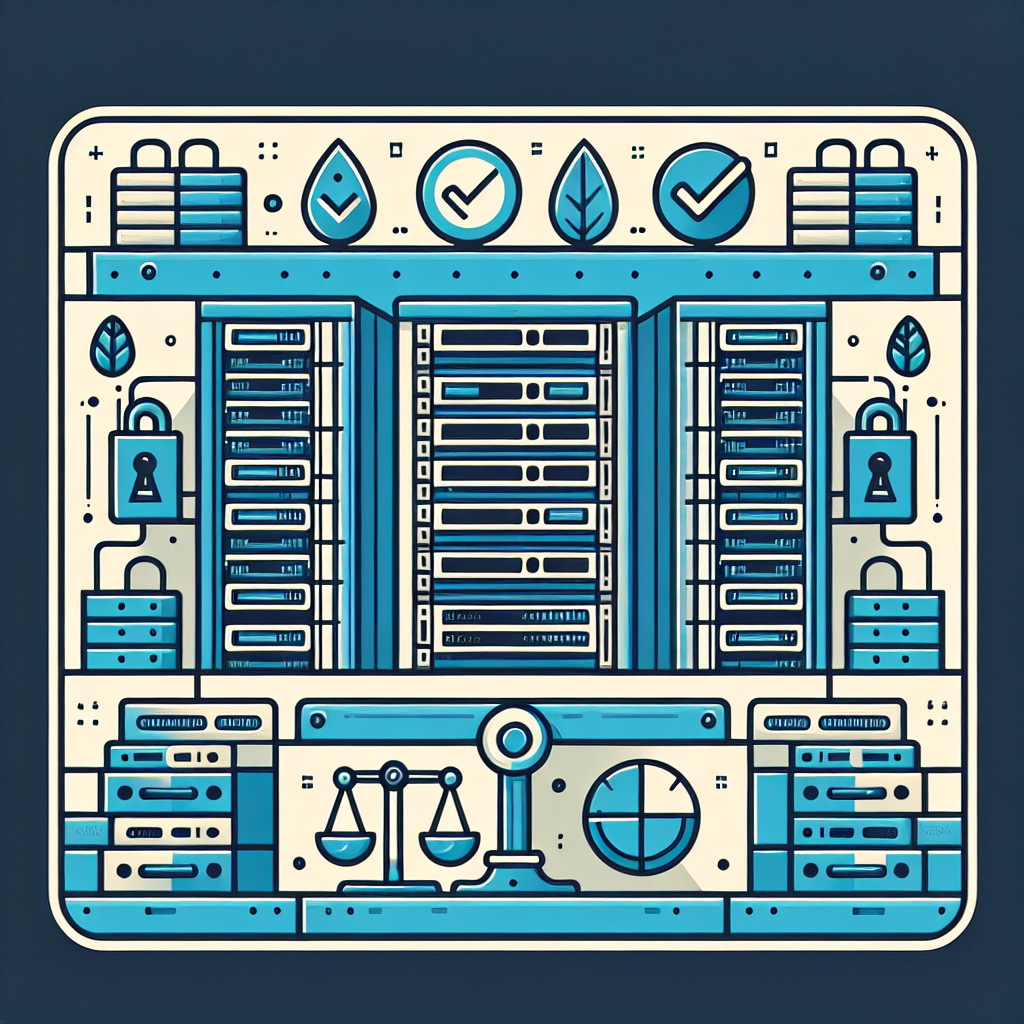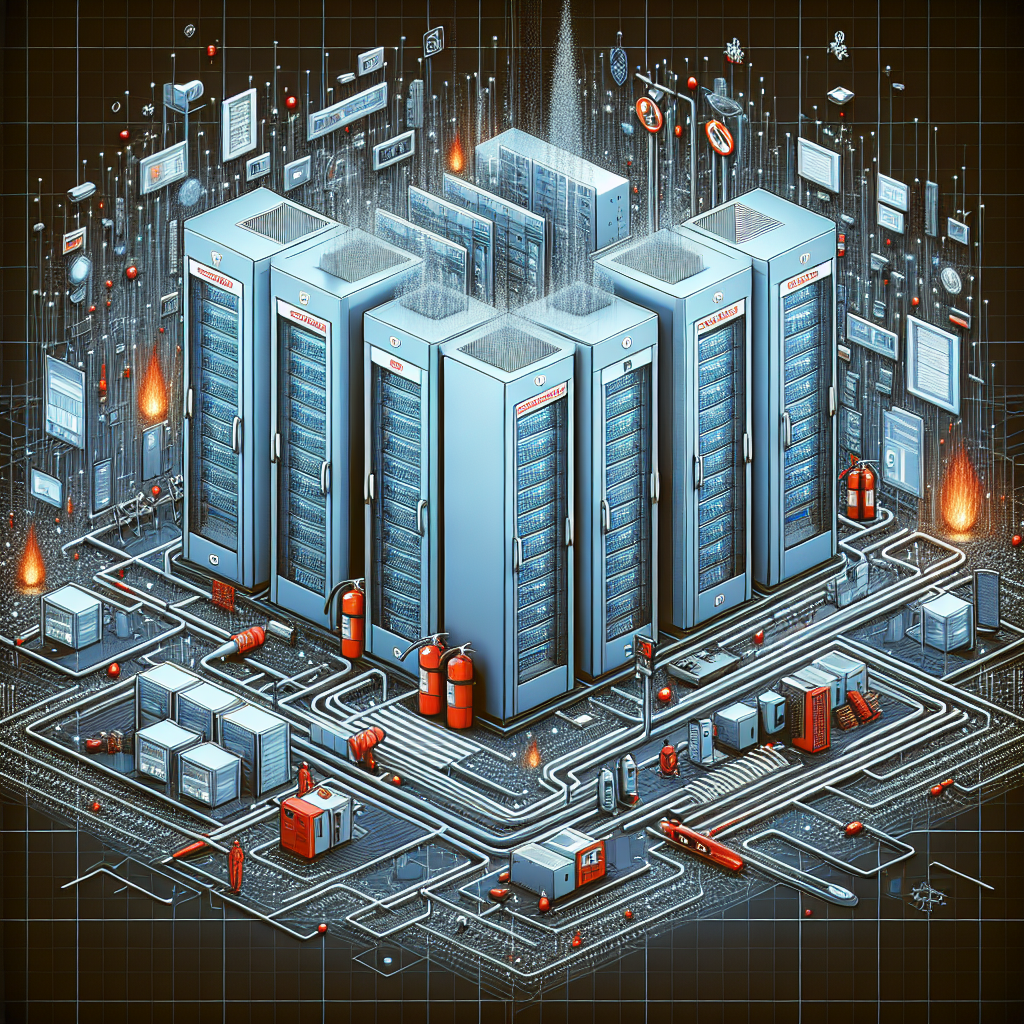In today’s digital age, data centers play a crucial role in storing and processing vast amounts of information for businesses and organizations. With the increasing amount of sensitive data being stored in data centers, it is essential for companies to stay ahead of changing regulations to ensure compliance and protect their data from potential breaches.
Data center compliance refers to the adherence to regulations and standards set forth by governing bodies and industry organizations to ensure the security, availability, and integrity of data stored in data centers. These regulations can vary depending on the industry and geographic location of the data center, making it crucial for companies to stay informed and proactive in their compliance efforts.
One of the key challenges in data center compliance is the constantly evolving regulatory landscape. New regulations are constantly being introduced, and existing regulations are often updated to adapt to the changing technology landscape and address new security threats. This can make it challenging for companies to keep up with the latest requirements and ensure compliance across their data center operations.
To stay ahead of changing regulations, companies can take a proactive approach to compliance by regularly monitoring regulatory updates and assessing their impact on data center operations. This can involve working with legal and compliance teams to stay informed about new regulations and conducting regular audits to ensure compliance with existing regulations.
In addition, companies can also leverage technology solutions to help automate compliance processes and streamline regulatory reporting. By implementing tools such as compliance management software and data governance platforms, companies can more easily track and manage compliance requirements across their data center operations.
Another key aspect of data center compliance is data protection and security. With the increasing frequency of data breaches and cyber attacks, companies must take steps to ensure the security of their data and comply with regulations related to data protection and privacy.
This can involve implementing data encryption, access controls, and monitoring tools to protect sensitive data from unauthorized access. Companies should also ensure that their data center operations comply with regulations such as the General Data Protection Regulation (GDPR) and the Health Insurance Portability and Accountability Act (HIPAA), which set forth specific requirements for data protection and privacy.
By staying ahead of changing regulations and proactively managing data center compliance, companies can protect their data, mitigate regulatory risks, and build trust with customers and stakeholders. In today’s data-driven world, compliance is no longer optional – it is essential for the long-term success and security of businesses operating in the digital space.








